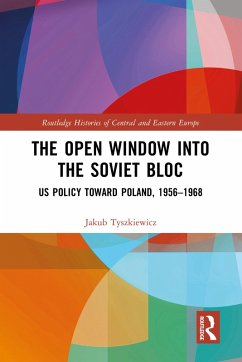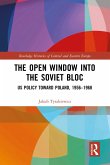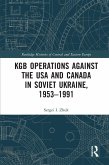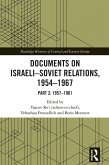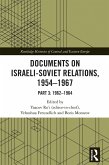No comprehensive account of US policy toward Poland from 1956 to 1968 has emerged in historiography. This book aims to answer why, since the political changes of the Polish October 1956, Washington ceased to see Polish affairs as "Soviet-related matters." Instead, it recognized communist-ruled Poland as a separate political entity among other Kremlin-dependent states in Eastern Europe. This policy, introduced by the Dwight D. Eisenhower administration, was continued by his successors John F. Kennedy and Lyndon B. Johnson.
Recently declassified US and Polish archival sources allow the presentation of more considerations around the decision-making mechanisms by presidential administrations regarding communist Poland after 1956. They also reveal the dependence of the implementation of US actions on the climate of international relations. Moreover, they can now explain how Poland became an "open window" toward the Soviet bloc and a model example of the changes in the US policy of diversifying its approach to Eastern European countries under Soviet control in the next decades.
Dieser Download kann aus rechtlichen Gründen nur mit Rechnungsadresse in A, B, BG, CY, CZ, D, DK, EW, E, FIN, F, GR, HR, H, IRL, I, LT, L, LR, M, NL, PL, P, R, S, SLO, SK ausgeliefert werden.

